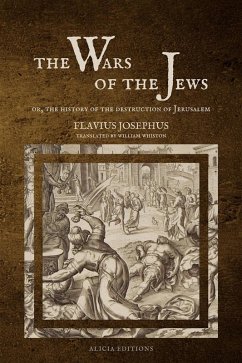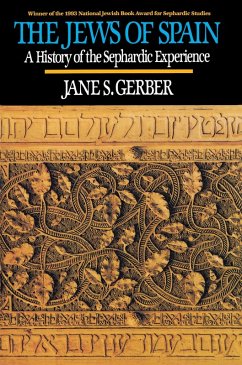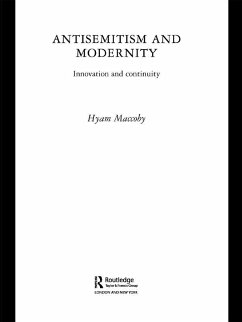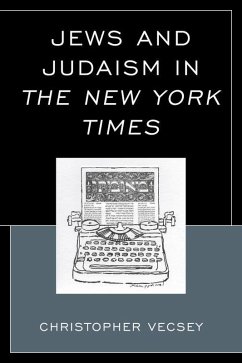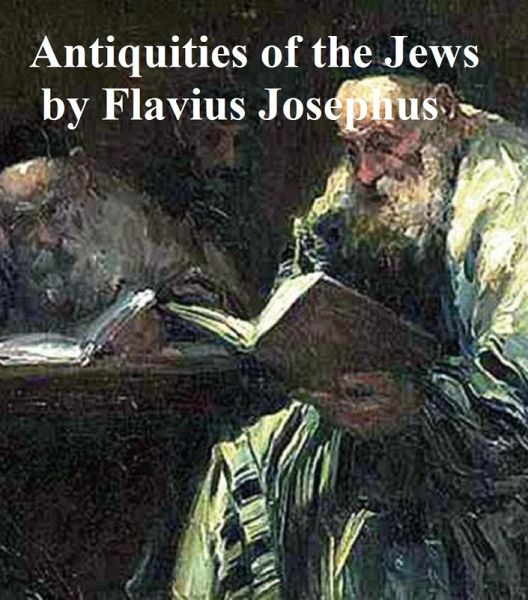
The Antiquities of the Jews (eBook, ePUB)
All seven volumes in a single file
Übersetzer: Whiston, William
Versandkostenfrei!
Sofort per Download lieferbar
0,91 €
inkl. MwSt.
Weitere Ausgaben:

PAYBACK Punkte
0 °P sammeln!
A history of the Jewish people up until the Roman conquest and destruction of Jerusalem. All seven volumes. According to Wikipedia: "Antiquities of the Jews, also Judean Antiquities is a twenty-volume historiographical work composed by the Jewish historian Flavius Josephus in the thirteenth year of the reign of Roman emperor Flavius Domitian which was around AD 93 or 94. Antiquities of the Jews contains an account of history of the Jewish people, written in Greek for Josephus' gentile patrons. In the first ten volumes, Josephus follows the events of the historical books of the Hebrew Bible beg...
A history of the Jewish people up until the Roman conquest and destruction of Jerusalem. All seven volumes. According to Wikipedia: "Antiquities of the Jews, also Judean Antiquities is a twenty-volume historiographical work composed by the Jewish historian Flavius Josephus in the thirteenth year of the reign of Roman emperor Flavius Domitian which was around AD 93 or 94. Antiquities of the Jews contains an account of history of the Jewish people, written in Greek for Josephus' gentile patrons. In the first ten volumes, Josephus follows the events of the historical books of the Hebrew Bible beginning with the creation of Adam and Eve. The second ten volumes continue the history of the Jewish people beyond the biblical text and up to the Jewish War. This work, along with Josephus's other major work, The Jewish War (De Bello Iudaico), provides valuable background material to historians wishing to understand 1st-century AD Judaism and the early Christian period." The Preface begins: "Those who undertake to write histories, do not, I perceive, take that trouble on one and the same account, but for many reasons, and those such as are very different one from another. For some of them apply themselves to this part of learning to show their skill in composition, and that they may therein acquire a reputation for speaking finely: others of them there are, who write histories in order to gratify those that happen to be concerned in them, and on that account have spared no pains, but rather gone beyond their own abilities in the performance: but others there are, who, of necessity and by force, are driven to write history, because they are concerned in the facts, and so cannot excuse themselves from committing them to writing, for the advantage of posterity; nay, there are not a few who are induced to draw their historical facts out of darkness into light..."
Dieser Download kann aus rechtlichen Gründen nur mit Rechnungsadresse in A, B, BG, CY, CZ, D, DK, EW, E, FIN, F, GR, H, IRL, I, LT, L, LR, M, NL, PL, P, R, S, SLO, SK ausgeliefert werden.






